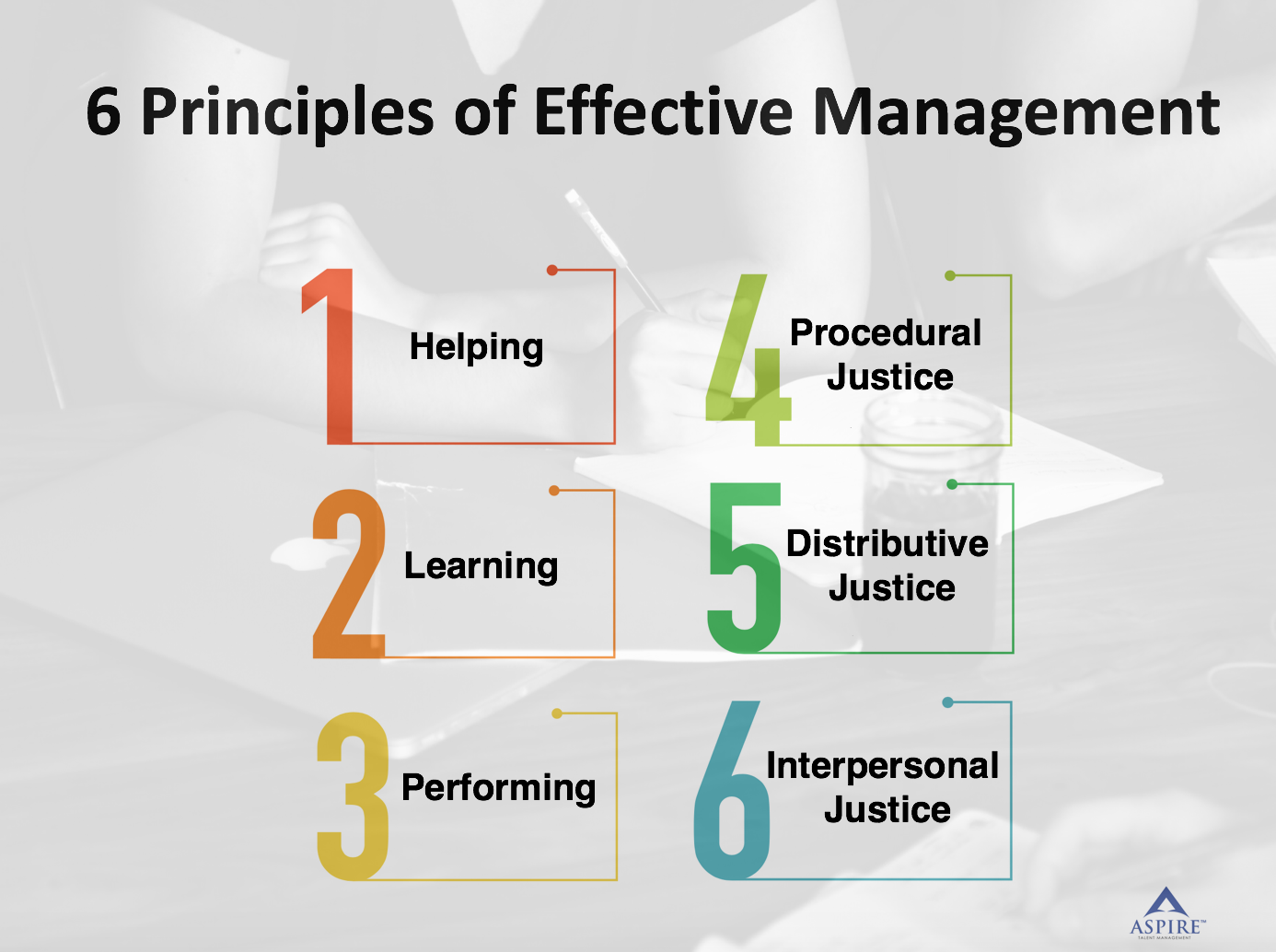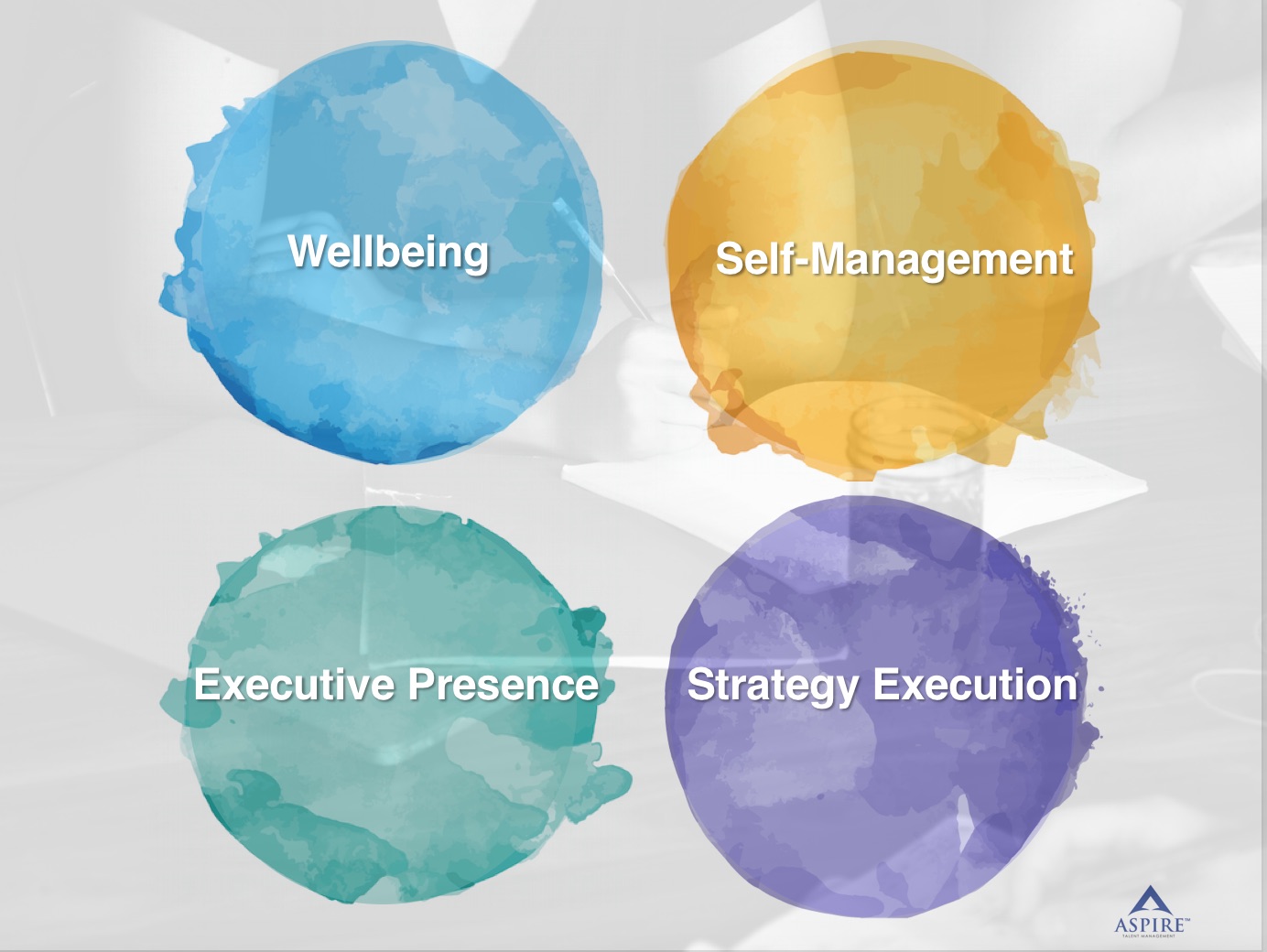Coaching and professional support is increasingly seen as a must-have for managers and emerging leaders. Executive coaching assists clients to develop a strategy for key relationships, while developing the ability to think stategically and communicate with influence. Coaching programs commence with the delivery of expert tools and advice on how people think and behave in organisations.
The role of fairness and organisational justice
There is a significant body of research on the role of fairness in organisations, and there is little doubt that employees think about these issues on a regular basis. Developing a better understanding of the role of fairness and organisational justice is a powerful cultural driver of performance and seasoned General Managers are attuned to its importance.
Communicating messages positively and embedding discussions in the key themes of helping and performance complements the emphasis on fairness. By creating a positive, business-like environment the skilled manager creates the right conditions for performance and the GM 6 Principles of Management provides a useful aide memoir for team communication and fostering effective working relationships.

When organisations decide to spend their training budgets on development programs for emerging staff, they are making a strong cultural statement of support to their existing workforce. It means "if I stay here, I will be developed as a person, as a worker, as a leader. It is good for my career to stay with this business". As I am being supported and developed, I will be able to handle a bigger role and get the support I need.
Theme 1 - Preparing my emerging leaders for higher roles
We know that delivery of evidence-based, practical training and development pays off with demonstrated EOI. The immediate benefit is the development of the participants in the key areas of:
1. Wellbeing
2. Self-management
3. Executive presence
4. Strategy execution*
Talented staff value working in an organisation that develops their capabilities and provides opportunities to progress.
Theme 2 - Helping new leaders handle new roles
The fact is that some clients commence their work with us after they have assumed their new role. In fact, organisations often make contact with us when unforeseen issues arise for the new Executive, General Manager or Team Leader.
Recognising the need for the support and making the decision to provide qualified and professional external support can be a very effective way to support the learning and onboarding of the new leader.
This second type of referral demands that the coach meet the executive (and the organisation) "where it is at" and leads to quick wins as the executive gains the support of an experienced and supportive advisor. While the support is provided by us, it supports the organisation's value proposition by providing valuable skill development to the individual and signals that they are valued.
We use evidence-based coaching practices in a step-by-step method for assisting clients to achieve their professional goals via three distinct stages:
Stage 1: Establishing the current scenario
In our initial coaching conversation we work with the individual to understand their story and current situation. By getting our clients to tell their story, it helps them identify what the actual problem is and where they want to go.
During the initial stage we work with the client to identify blind spots and break through these. Blind spots will often prevent individuals from being able to identify their problem and can prevent them from seeing potential opportunities.
Before moving onto the next stage we look at how we can leverage and prioritise potential opportunities that will make a difference to that individual.
Stage 2: The preferred scenario
To develop the preferred scenario we start with asking our clients “what are the possibilities?” We then focus on developing an agreed list of realistic, challenging goals that are in line with the goals of the organisation. (for example “To increase my understanding of constructive leadership”, or “To gain greater awareness, self-confidence and resilience in my role as leader”). This helps them establish their ‘change agenda’.
At this stage of the process we work with individuals to find the incentives and real commitment that will help them persist in achieving their preferred scenario.
Stage 3: Action strategies
We then work with our clients to determine what are the possible actions and how will they obtain what they need or want. At this stage there are many possible ways of achieving their goals and often hasty and disorganised action is self-defeating. We work with our clients to select the best-fit strategies that will suit their talents, resources, style, temperament and timeframe. This then leads to the development of a roadmap (plan) to achieve their goals.
Our experienced coaches use this coaching model in a flexible way that encourages maximum engagement of the candidates, avoiding excessive control by the coach. Rather, the candidate is assisted to develop new capabilities and skills and to become more self-managing.
4 Essential Domains of Executive coaching

